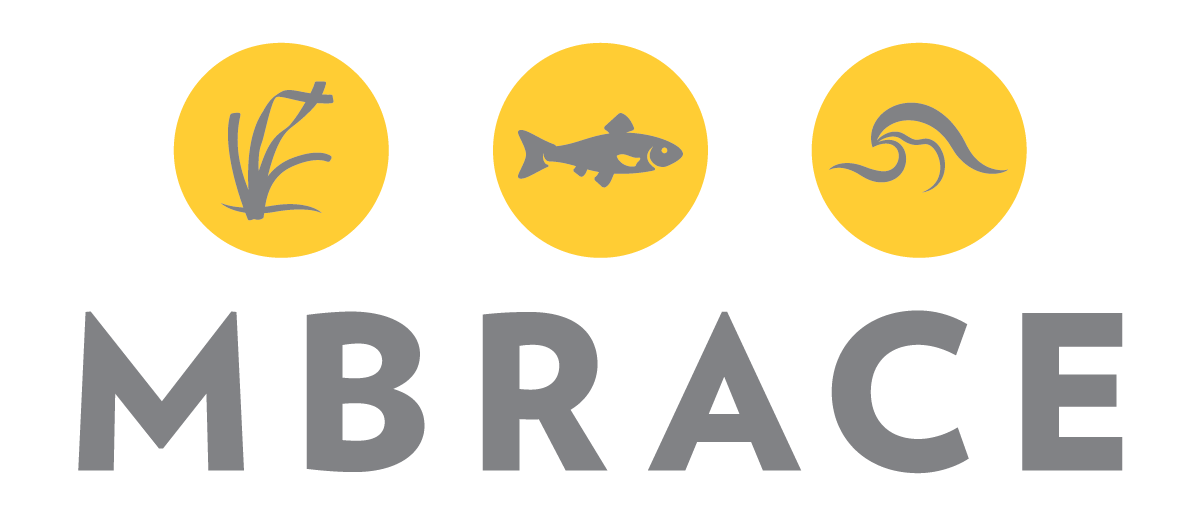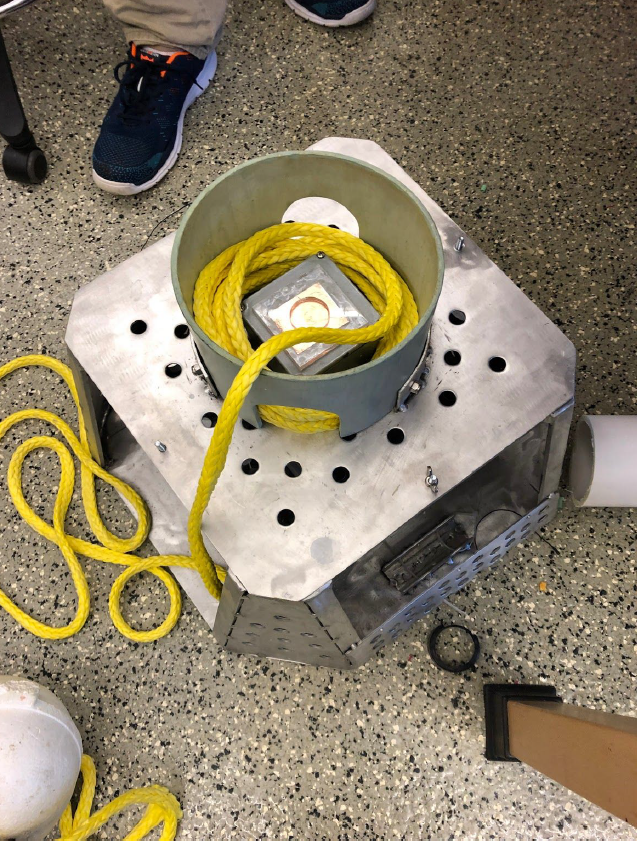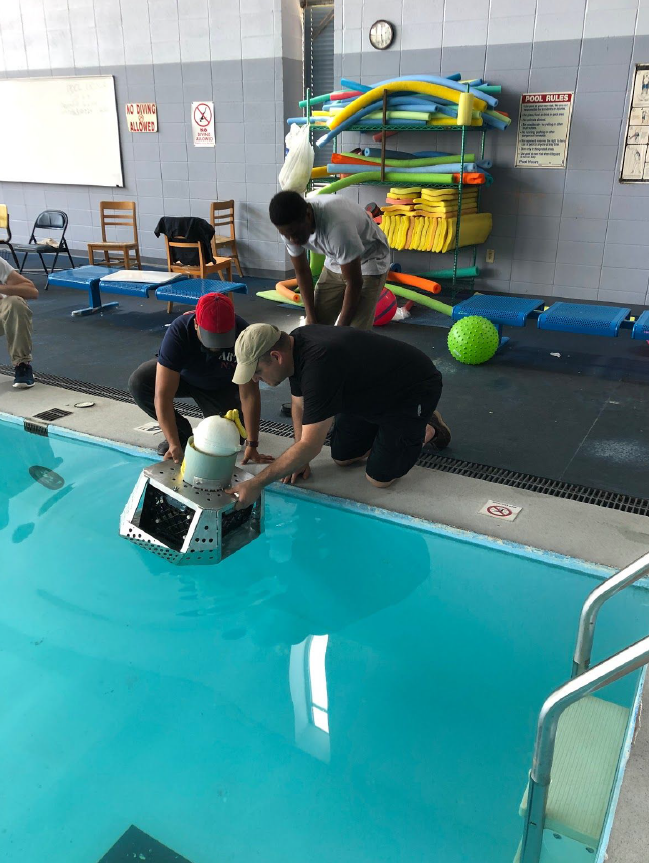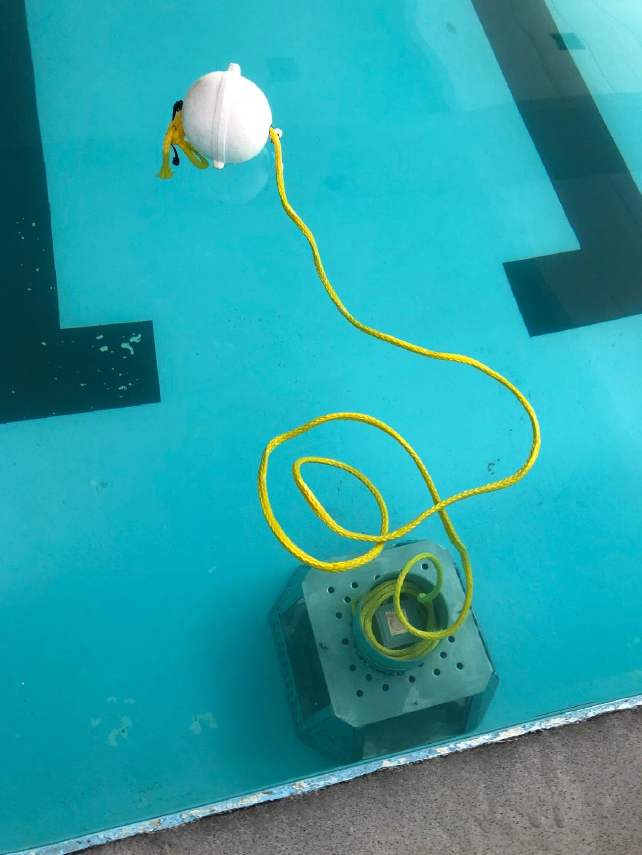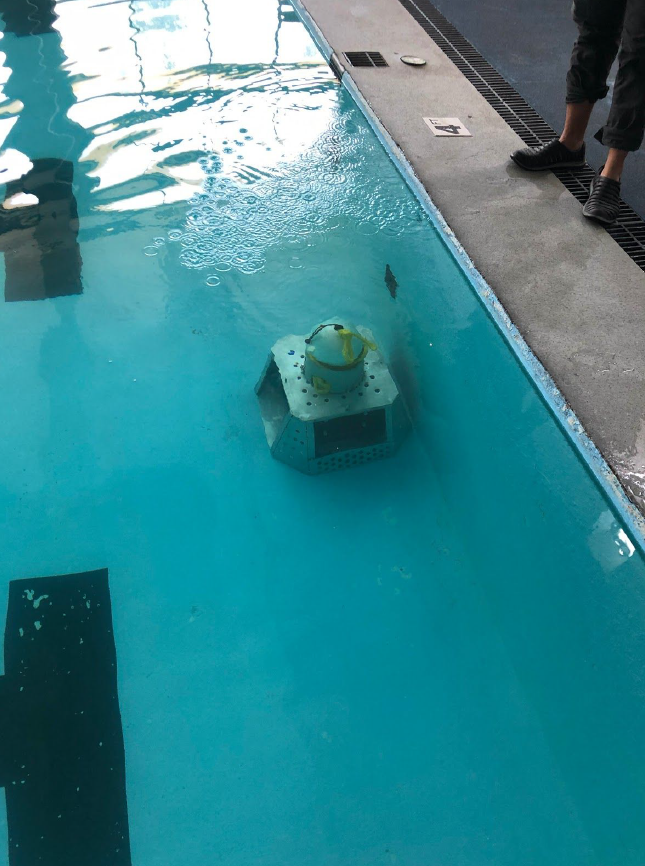Core 3 Research Program - Jackson State University
Principal Investigators: Kamal Ali, Ali Abu-El Humos, Huiru Shih, Brent Thoma
Graduate Students: MD Mohiuddin Hasan, Canhao Wang
Undergraduate Students: Yizhe Wang
Award Amount: $625,000
Project Description
Goal:
The goal of this research is to utilize artificial intelligence to infer the health of oysters and assess the environment based on oyster gape behaviors. This will be achieved by collecting a substantial amount of data on oyster gape, obtained under controlled environmental conditions in both lab and field settings.
Why it is Important:
The resulting system will be integrated into a smart device app, enabling resource managers to continuously monitor the health of oysters and the environment in real-time. Through the collection of this data, our research aims to enhance our comprehension of the connection between oyster health and the environment.
Objectives:
Using laboratory exposures to better understand patterns in gape sensor data.
Coastal deployments to collect real-world gape data and refine the use of cellular signals for data transmission.
Using Artificial Intelligence to correlate gaping behavior and environmental parameters.
Refine and add functionality to the Underwater Magnetic Release system and make the system available to other field researchers.
Expected Outcomes:
A low-cost gape sensor capable of real-time transmission from the field.
Machine algorithms capable of inferring animal and environmental health from oyster gaping behavior.
A smart device application that provides decision-makers with real-time access to the state of field oysters and the environment.
A low-cost Underwater Timed-Release system that can be reprogrammed post-deployment, that can minimize theft and vandalism of underwater equipment
Knowing in real time when spawning is taking place as action can be taken to maximize settlement.
Know the health status of the reef in real time.
Outreach:
As an HBCU, Jackson State University expects this research to introduce numerous underrepresented minorities to this field of study, fostering stronger collaborations between the biological and engineering disciplines.
In addition to the students integrated into the project on JSU's campus, the project is an integral part of our NSF GEOPAths program focused on recruiting students to the broader Geosciences. It also provides an opportunity for students participating in JSU's Ocean Explorers Club to learn more about multidisciplinary research in the broader ocean sciences.
